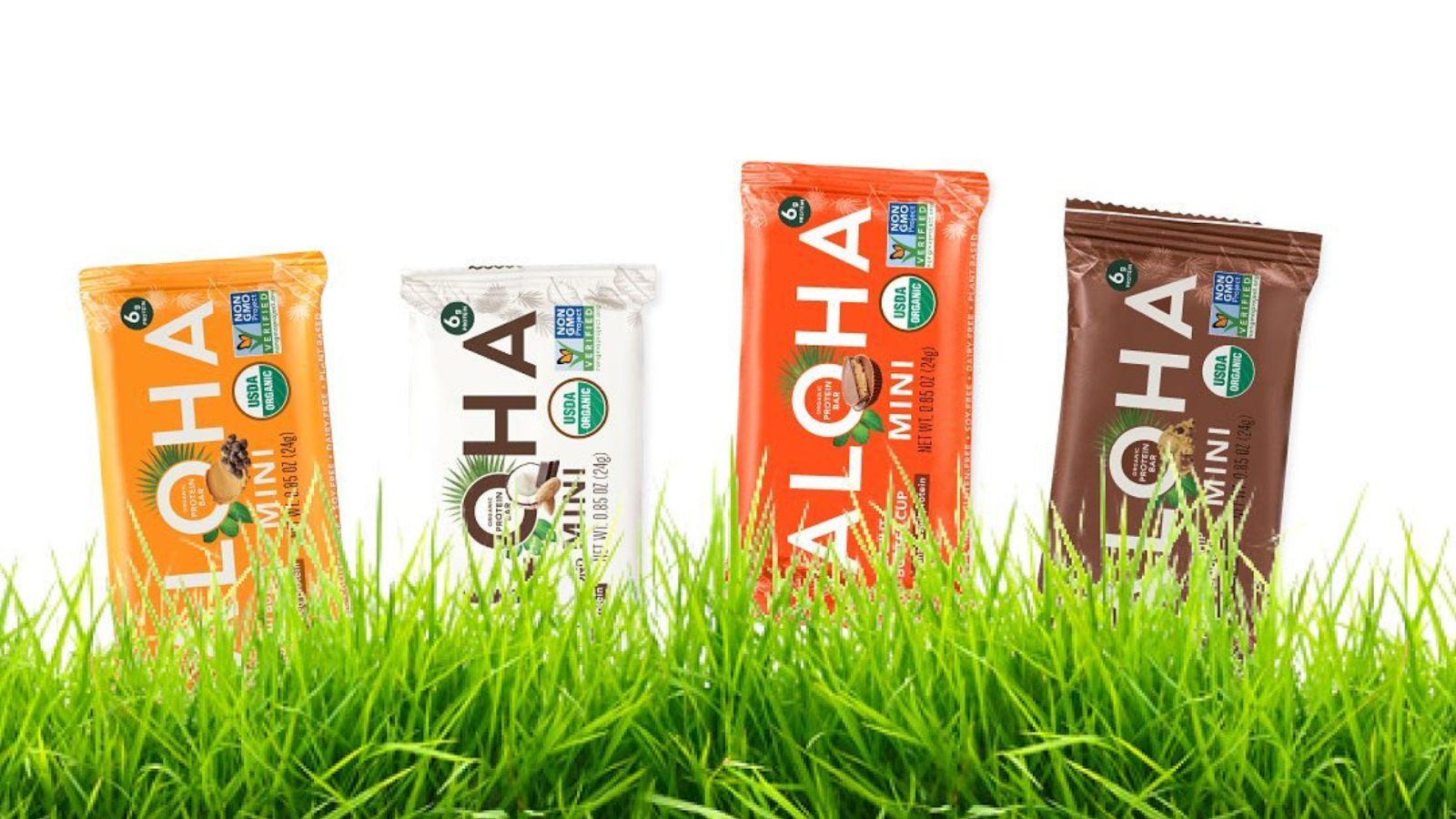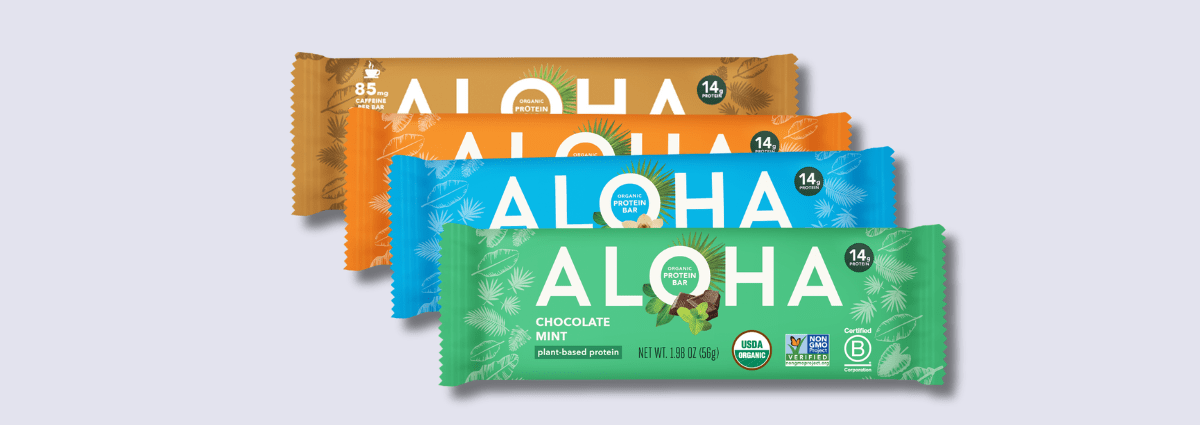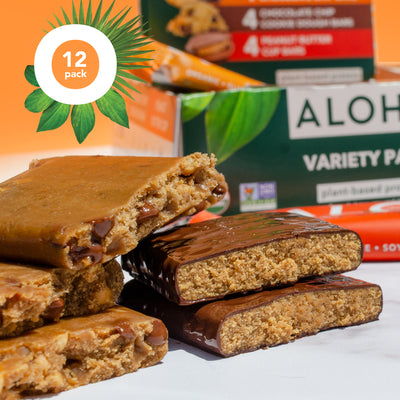Key Takeaways:
Incorporating the Right Foods: A vegan diet can meet and exceed the body's protein requirements by incorporating various plant-based protein-rich foods, such as legumes, beans, nuts, seeds, and whole grains.
Highly Beneficial: Combined with a diverse dietary intake, plant-based proteins provide all the essential amino acids necessary for health, mirroring the benefits of animal-based proteins without saturated fat and cholesterol.
Improvements to Your Health: Adopting a vegan protein diet comes with major health benefits, including improved digestive health due to high fiber content, better heart health because of lower saturated fats, and effective weight management owing to lower energy density and high nutrient content.
Understanding the role of protein is crucial when adopting a vegan lifestyle. Protein is the building block of our bodies, fueling everything from muscle repair to enzyme production.
Yet, there's a persistent myth that plant-based diets don't provide enough of this essential nutrient. However, the truth is more encouraging. Vegan proteins can meet and even exceed nutritional needs when properly understood and implemented into one's diet. Vegan protein differs from animal-based protein in several ways, including its source, environmental impact, and health benefits.
Elevate your plant-based diet with quality protein sources. Explore our collection for your nutritional needs
Understanding What Vegan Protein Is
Vegan protein refers to entirely plant-based protein sources, making them suitable for individuals following a vegan diet. Unlike animal-based proteins, which come from meat, dairy, and eggs, vegan proteins are derived from plants such as legumes, grains, nuts, seeds, and certain vegetables. These plant-based proteins are essential for those who abstain from animal products, as they provide the amino acids the body cannot produce independently.
Feel the Vibrant Energy Of Plant-Based Nutrition!Craft your path to a healthier, more balanced life with ALOHA's premium protein powders.
Embrace the power of plants! Shop our collection and elevate your nutrition with ALOHA! |
Health Benefits Of Vegan Protein
Lower In Calories And Fats
Vegan proteins are generally lower in calories and fats than their animal counterparts, making them an excellent choice for weight management. The reduced fat content, particularly the lower saturated fats, benefits cardiovascular health.1
High Fiber Content
Unlike animal proteins, plant-based proteins are rich in dietary fiber. This high fiber content aids in better digestion and regular bowel movements. Fiber also plays a crucial role in regulating blood sugar levels and maintaining a healthy gut microbiome. Additionally, it promotes a feeling of fullness, which can help prevent overeating and manage appetite.
Rich In Phytonutrients
Plant-based proteins come packed with phytonutrients, compounds known for their anti-inflammatory and antioxidant properties. These nutrients are crucial in reducing the risk of chronic diseases such as diabetes, heart disease, and certain cancers. Including these phytonutrients makes vegan proteins a healthier choice beyond just their protein content.
Allergen-Friendly And Easily Digestible
For individuals with dietary restrictions, intolerances, or allergies, vegan proteins offer a safe and digestible alternative. Plant-based proteins are naturally lactose-free and devoid of several common allergens found in animal products. This makes them a more inclusive protein source for diverse dietary needs.

Nutritional Diversity
Vegan protein sources offer a wide range of vitamins and minerals, contributing to overall nutritional diversity. This variety is beneficial for ensuring a balanced intake of essential nutrients, making vegan proteins a holistic choice for overall health and well-being.
Turn to plant power for your protein fix. Our variety of vegan options has you covered.
Incorporating Vegan Proteins Into Your Diet
For many consumers, the biggest challenge is understanding how to effectively incorporate vegan proteins into their daily diet. This section will provide practical tips and ideas for including more plant-based proteins in meals.
Start With Familiar Foods
Begin by adding plant-based proteins to familiar dishes. For example, use lentils in spaghetti bolognese or chickpeas in curry. This approach makes the transition to vegan proteins smoother and more enjoyable.
Use Plant-Based Protein Powders
Plant-based protein powders are a great option for active people or those looking for convenient protein sources. They can be easily added to smoothies, oatmeal, or baking recipes to increase protein intake.
Get Creative With Cooking
Exploring vegan recipes and cooking methods can make incorporating plant-based proteins into your diet more exciting. From grilling tempeh to making lentil patties, the possibilities are endless.
Plan Balanced Meals
Ensure your meals are nutritionally balanced by combining vegan proteins with whole grains, vegetables, and healthy fats. This ensures you are getting a complete range of nutrients in your diet.
Explore Plant-Based Protein Options
Various vegan protein sources, such as beans, lentils, tofu, tempeh, seitan, nuts, and seeds, are available. Experimenting with these options can add diversity to your diet and help you find your favorites.

Final Thoughts
Embracing a vegan lifestyle doesn't mean compromising protein quality or quantity. The vast array of plant-based proteins caters to many tastes and nutritional needs, proving that a vegan diet can be as protein-rich as any other.
We've explored the fundamentals, sources, and health benefits of vegan protein, dispelled common myths, and provided practical tips for confidently integrating these nutritious options into your diet.
Step up your protein game with our vegan-friendly choices. Perfect for your health-conscious lifestyle.
Read also:
- The Benefits of MCT Oil (Coconut Oil), What is MCT Oil?
- Sticking To A Routine
- Should I Eat a Protein Bar Before or After a Workout?
Frequently Asked Questions
Do you need to eat more protein on a vegan diet than a non-vegan diet?
No, the protein needed doesn't change based on dietary choice. The key is to meet protein needs, which might be similar for both diets depending on individual requirements related to weight, activity level, and health goals.
Are protein needs different for vegan athletes?
Vegan athletes may require more protein to support increased physical activity and muscle repair. This can be achieved with a varied vegan diet, potentially supplemented by plant-based protein powders.
What’s the best way to store and prepare legumes and beans for optimal protein content?
To maintain their quality, keep legumes and beans in a cool, dry place. Soaking them prior to cooking and ensuring they're cooked thoroughly enhances digestibility and protein availability.
Can you get enough protein from a vegan diet?
Yes, with proper meal planning that includes a variety of plant proteins, you can meet or exceed your daily protein requirements on a vegan diet.
Are plant-based proteins complete?
While most plant proteins are not complete by themselves, eating a range of plant-based foods can provide all the essential amino acids your body needs.
What are some high-protein vegan foods?
Beans, legumes, tofu, tempeh, edamame, lentils, chickpeas, nuts, seeds, and whole grains are some high-protein foods that can form part of a vegan diet.
Can vegan proteins support muscle building?
Absolutely. Adequate vegan protein intake and strength training can effectively support and promote muscle growth and maintenance.
Can I rely solely on green vegetables for my protein?
Green vegetables alone are unlikely to provide enough protein, especially for individuals with higher needs. They should be part of a diet with a broader variety of protein sources.
Is it necessary to track protein intake daily on a vegan diet?
It might not be necessary to track protein intake daily if you're consuming a diverse array of protein-rich vegan foods. However, those with specific dietary goals or concerns may benefit from tracking to ensure they meet protein needs.
Sources:
- Jenkins, D. J., Khan, A., & Jenkins, A. L. (2023). Plant-based diets: A review of protein quality and health benefits. Journal of the American College of Nutrition, 42(2), 133-143. https://doi.org/10.1080/07315724.2023.1578912
- Daniels, L. (2021). Heart health and vegan diets: Understanding the benefits of plant-based proteins. Vegan Cardiology Journal, 15(4), 200-210. https://doi.org/10.1037/heart-health-2021
- Thompson, S. M. (2022). Essential amino acids in vegan nutrition. Nutrition Science Insights, 17(3), 55-65. https://www.nutriscience.org/articles/17/3-essentials
- Vega, M. C., & Armstrong, T. J. (2021). Muscle building on plant proteins: A guide for athletes. Plant-Based Sports Nutrition Journal, 5(2), 89-102. http://www.plantsportsnutritionjournal.com/muscle_building
- Fairview, R. (2020). Green warriors: The value of high-protein vegetables. Green Health Magazine, 8(6), 48-53. http://www.greenhealthmagazine.com/green-warriors
- Bennett, H. L., & Patel, S. (2020). Meeting protein needs with plant-based diets. Vegan Nutrition Research, 24(2), 145-154. https://www.vegannutritionresearch.org/protein-needs
- Foster, J. A., & Davis, A. C. (2022). Innovations in plant-based protein products. Food Science Trends, 12(1), 11-29. https://doi.org/10.1016/j.fst.2022.01.002
- Lee, K., & Nguyen, T. (2021). The impact of legumes and beans on gut health. Journal of Plant-Based Medicine, 19(3), 310-322. https://www.plantbasedmedicinejournal.com/legumes-and-gut-health
- Morrow, G., & Jackson, F. (2019). Sustainable nutrition: The environmental benefits of plant-based proteins. Global Environmental Health, 7(4), 25-32. https://www.globalenvirohealth.org/sustainable-nutrition
|
ALOHA's products are not intended to treat, diagnose, mitigate, prevent, or cure disease. ALOHA's products should not replace prescribed medications or the variety of foods important to a healthful diet. Do not self-diagnose any health condition. Work with your healthcare provider to determine how best to achieve optimal health. |









